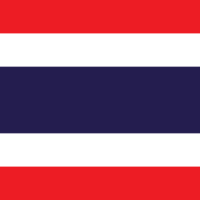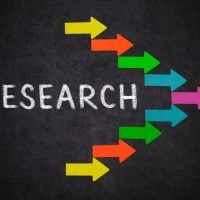Deadline: 28-Mar-23
The European Commission (EC) is calling for proposals for Bio-based Solutions for Humanitarian Applications.
Scope
The global solid waste management crisis (and any related pollution) is increasingly urgent to address and it can disproportionately affect countries that commonly receive humanitarian assistance. Humanitarian aid, including EU-funded aid, is delivered both within EU boundaries and beyond, including to remote areas, posing logistics challenges of waste management. This call would contribute by examining on how bio-based products and systems could contribute to managing environmental challenges relevant to waste in humanitarian contexts. For example, based on existing assessment studies, issues pertain with durability of materials compared to the timeframe needed for their integrity to guarantee necessary quality, cost effectiveness of managing waste, prevention of littering, safety to end-users and operators as well reuse, recycling, or biodegradability and composting of waste materials in humanitarian settings.
Funding Information
The check will normally be done for the coordinator if the requested grant amount is equal to or greater than EUR 500 000, except for:
- public bodies (entities established as a public body under national law, including local, regional or national authorities) or international organisations; and
- cases where the individual requested grant amount is not more than EUR 60 000 (lowvalue grant).
Expected Outcomes
Successful proposals will contribute to Destination ‘Circular economy and bioeconomy sectors’ impacts, including:
- accelerating transitions towards a sustainable, regenerative, inclusive, just and clean circular economy and bioeconomy,
- developing innovative and sustainable value-chains in the bio-based sectors as well as
- improving citizen benefits by establishing circular and bio-based systems based on sustainability, inclusiveness, zero pollution.
- More precisely, successful proposals will provide humanitarian aid operators and bio-based sector stakeholders, with science-based information on the application potential, sustainable performances and circularity of bio-based solutions and options, suitable for humanitarian purposes. Projects’ results will thus contribute to further improve on the social benefits of bio-based systems, in line with the European Green Deal, the bioeconomy strategy, the EU circular economy action plan and the EU zero pollution action plan.
- Projects results are expected to contribute to the following expected outcomes:
- Identification of sustainable bio-based solutions of applicable performance under humanitarian aid contexts, addressing the technical challenges posed by diverse environmental, social and economic conditions.
- Improved way to address waste management and waste-related challenges in humanitarian aid contexts.
- Significant reduction/minimisation of waste (e.g., plastic or fibres waste) littered in the environment.
Eligibility Criteria
- To become a beneficiary, legal entities must be eligible for funding.
- To be eligible for funding, applicants must be established in one of the following countries:
- the Member States of the European Union, including their outermost regions,
- the Overseas Countries and Territories (OCTs) linked to the Member States,
- countries associated to Horizon Europe;
- the following low- and middle-income countries.
For more information, visit European Commission.









































